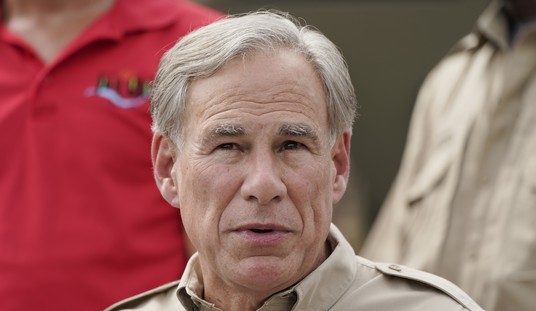If the 2020 election were simply a question of whether voters want President Donald Trump to serve another term, he would lose. His job approval ratings have consistently been in the low- to mid-40s nationwide, and it's no better in potential battleground states. ScottRasmussen.com polling shows the president getting positive reviews from just 44 percent of Ohio voters and 43 percent of Florida voters.
But it's important to remember that if the question in 2016 had been whether voters wanted Trump to be president in the first place, the answer for most would have been no. In fact, 10 percent of all voters cast their ballot for him despite believing he was unqualified for the job. The current president was elected simply because the Democrats nominated someone many voters considered even less appealing. It's stunningly sad that both major parties nominated candidates disliked by most Americans on Election Day.
Could it happen again? Yes.
This time, the danger for Democrats is about policy rather than personality. A center-left candidate with Midwestern appeal would be a heavy favorite against President Trump. But many of the party's most enthusiastic voters dream of a progressive candidate who would want to make the country more like California. Such a candidate could once again convince many swing voters that President Trump is the lesser of two evils.
Shortly after announcing her entry into the race, Sen. Kamala Harris (D-Calif.) provided an early example of the dangers facing the Democratic Party on the topic of health care. Polling shows that voters like the aspirational ideas of "Medicare-for-all" and a single-payer health insurance plan. There is a strong belief that in a nation as affluent as ours, every American should have access to quality medical care.
Recommended
But there is a big difference between the slogan and the policy. To implement such a health care plan, Harris wants to ban private health insurance companies. Many progressive politicians share that view, but it's a nonstarter with voters. Voters want more choices, not fewer. Only 17 percent want to get rid of private health insurance companies.
The same dynamic can be found on other issues as well. On immigration, ScottRasmussen.com polling shows that 79 percent of all voters believe illegal immigration is bad for the nation. Yet 59 percent of Democrats say they'd be likely to vote for a candidate advocating open borders.
On abortion, most Americans support a woman's right to choose. But only 15 percent believe abortions should be allowed at any point during a pregnancy. Yet that's precisely the position that leading Democrats have been advocating.
Perhaps the biggest danger for Democrats comes from the Green New Deal. Led by Rep. Alexandria Ocasio-Cortez, this progressive dream would give the federal government the power to transform the entire U.S. economy. Most Democratic presidential hopefuls have signed on to the plan, but voters have not. Just 18 percent believe the threat of climate change makes it necessary to give the federal government sweeping new powers to control the economy.
The more that the Democratic nominee embraces these fringe policies of progressive politics, the more likely that nominee is to turn off the swing voters who are looking for somebody new.
Put it all together and it's quite possible the Democrats could nominate another candidate who'd lose to Trump.
Scott Rasmussen is the publisher of ScottRasmussen.com. He is the author of "The Sun Is Still Rising: Politics Has Failed But America Will Not."


